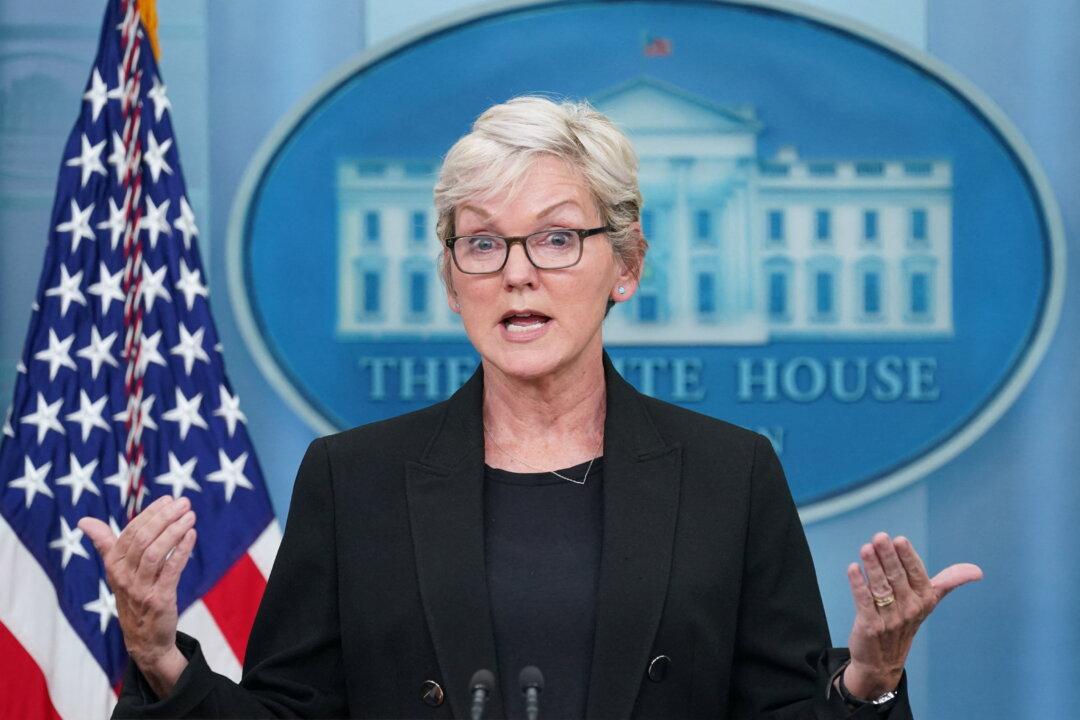Energy projects across the nation are about to receive a $26.9 million boost from the Biden administration as part of the latest round of grants from a renewable energy program.
According to a May 1 press release from the Department of Energy, the funding consists of multiple grants that will go to nine states, 27 local governments, and one tribe.





